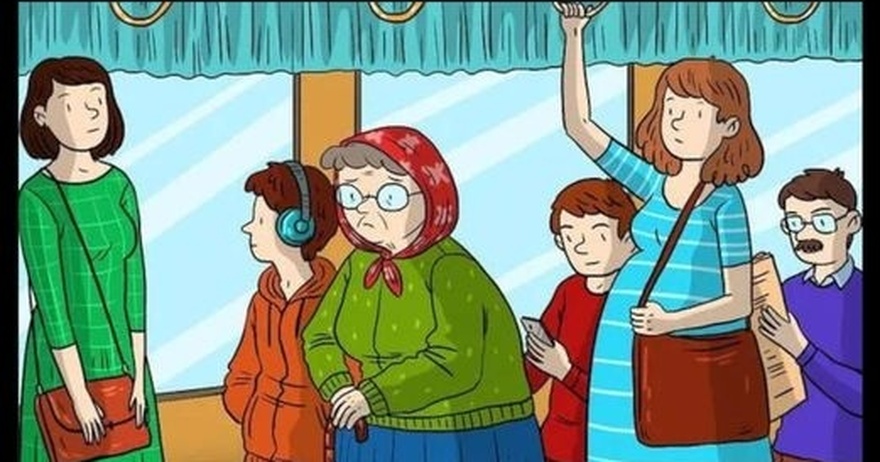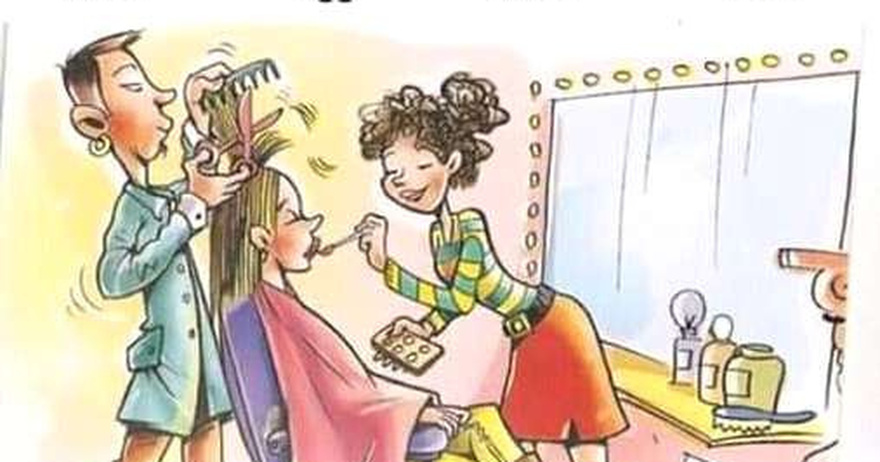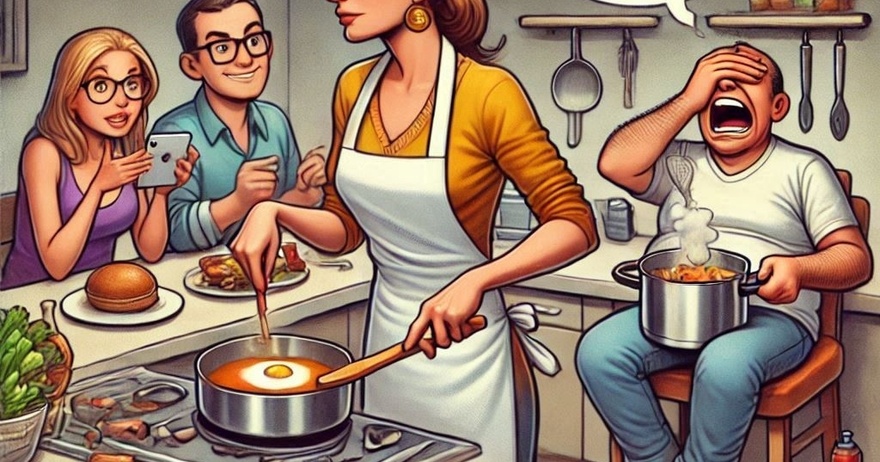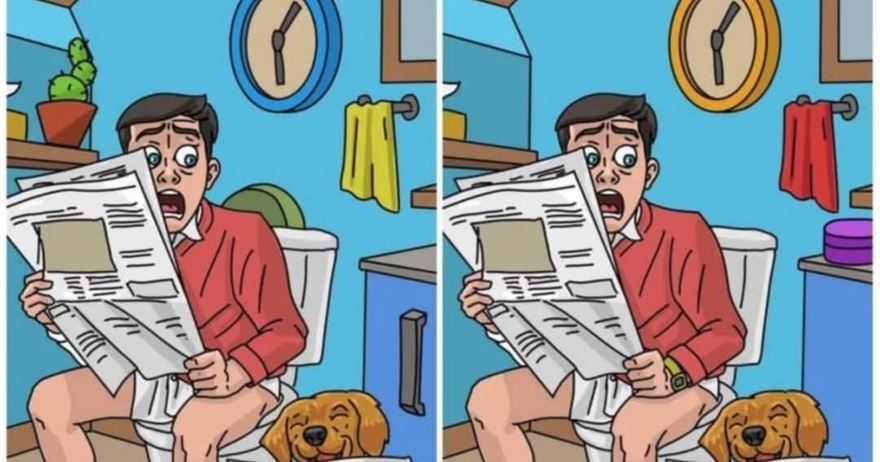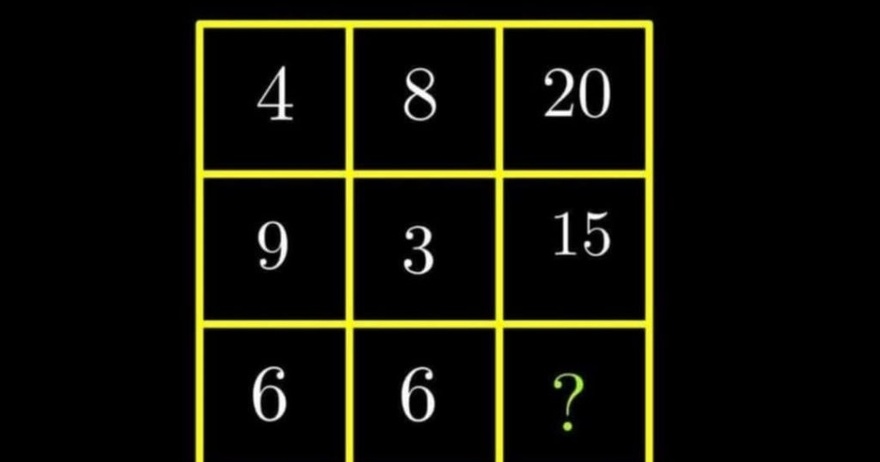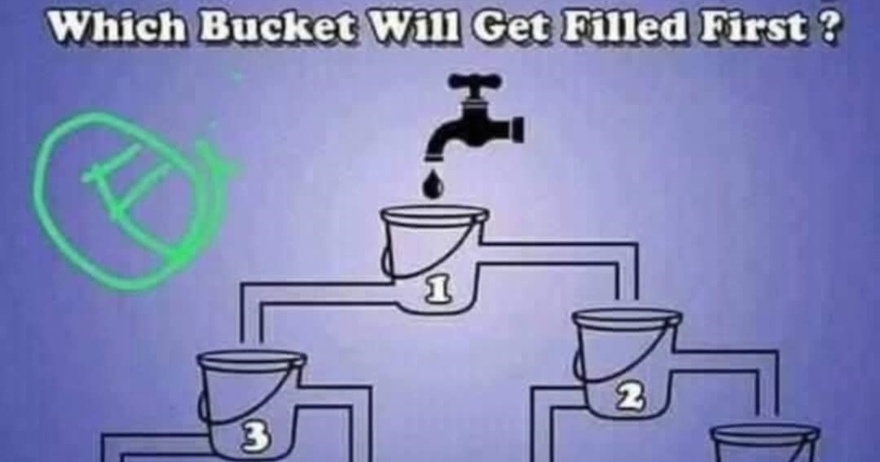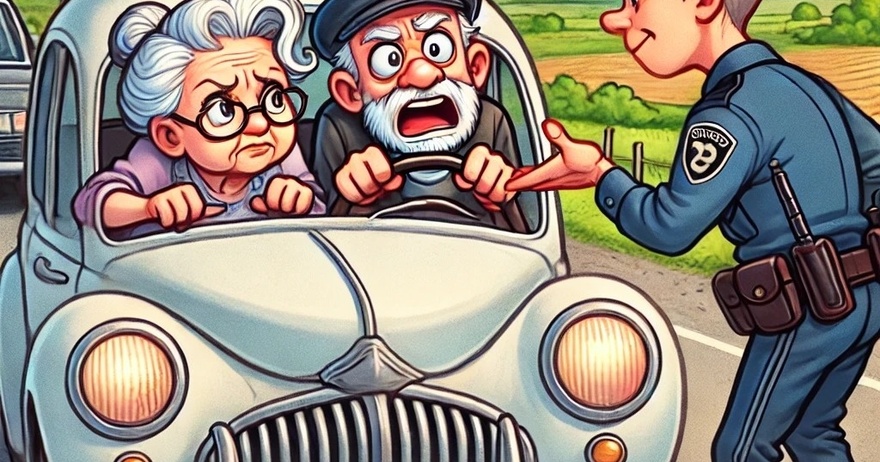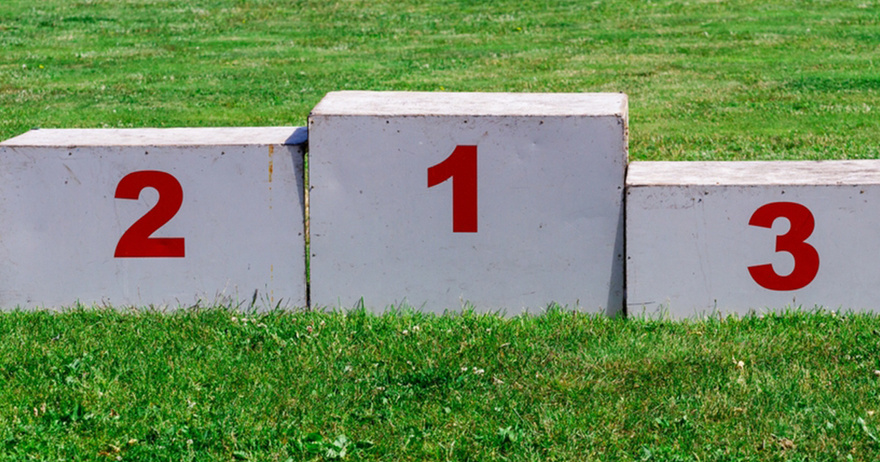It may seem straightforward, but surprisingly, most people fail to solve this riddle. The key is “chivalry,” which is the missing element in this brain teaser. By observing both the old woman and the pregnant woman in the riddle, you’re supposed to recognize it. Did you catch it in time? How long did it take you to figure it out?
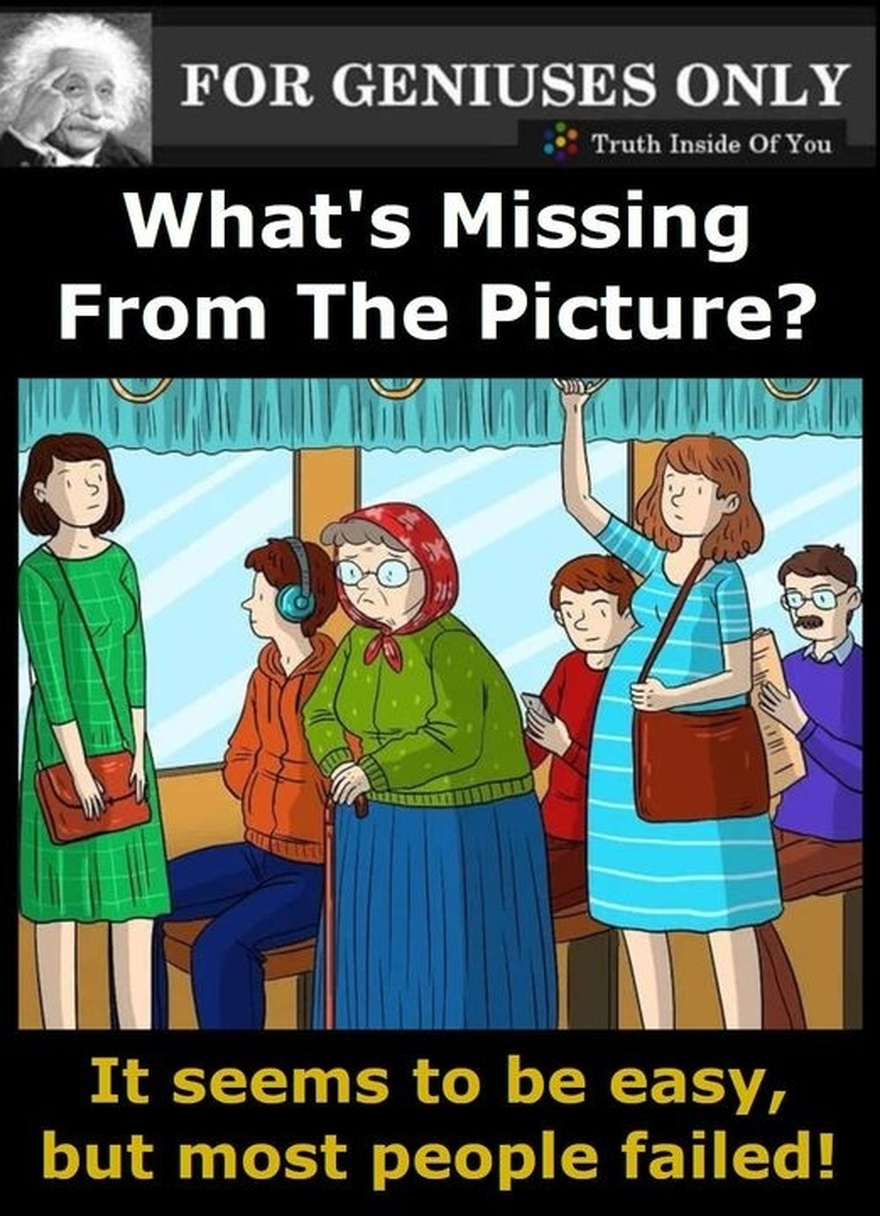
Why Riddles Matter: Building Cognitive Skills
Riddles aren’t just for fun—they play a vital role in enhancing your cognitive abilities. At their core, riddles are problems designed to test your knowledge and mental skills. Solving a riddle requires you to logically piece together different elements until you find the correct answer. But what’s in it for you? The benefits are significant.
When you work through a riddle and find the solution, it boosts your problem-solving skills and enhances your memory. Riddles challenge you to observe various details and figure out how they fit into the bigger picture. This approach not only stimulates your logical thinking but also improves your visual-spatial reasoning.
How Riddles Improve Problem-Solving
When you encounter a riddle, it pushes you to think outside the box. You’re required to analyze clues, make connections, and draw conclusions. This type of mental exercise keeps your brain active and sharp, fostering a stronger ability to solve complex problems in everyday life. It’s like a workout for your mind.
Riddles also encourage persistence. You might not get the answer right away, but the process of trial and error helps you develop patience and determination. In a world where we often seek immediate results, riddles remind us that sometimes, the solution requires a bit more time and thought.
Riddles and Visual-Spatial Reasoning
Beyond logical thinking, riddles also enhance visual-spatial skills. When solving a visual riddle, you’re forced to notice patterns, shapes, and arrangements that you might overlook otherwise. This kind of reasoning is especially useful in activities like driving, reading maps, or even organizing your living space.
Visual-spatial reasoning isn’t just about seeing—it’s about understanding how things relate to each other in space. For example, when you’re solving a riddle that involves images, you have to figure out how different elements fit together to create a complete picture. This skill is valuable not just in problem-solving, but in everyday tasks that require spatial awareness.
Riddles as a Fun Way to Learn
Riddles are more than just a pastime; they’re an engaging way to develop critical thinking skills. They can be an enjoyable part of learning, whether you’re challenging yourself alone or solving riddles with friends. The process stimulates your brain, making learning fun and interactive.
So, the next time you come across a riddle, don’t be discouraged if it seems tricky. Remember that every riddle you solve adds to your cognitive abilities. The more you engage with them, the sharper your problem-solving and reasoning skills become.
